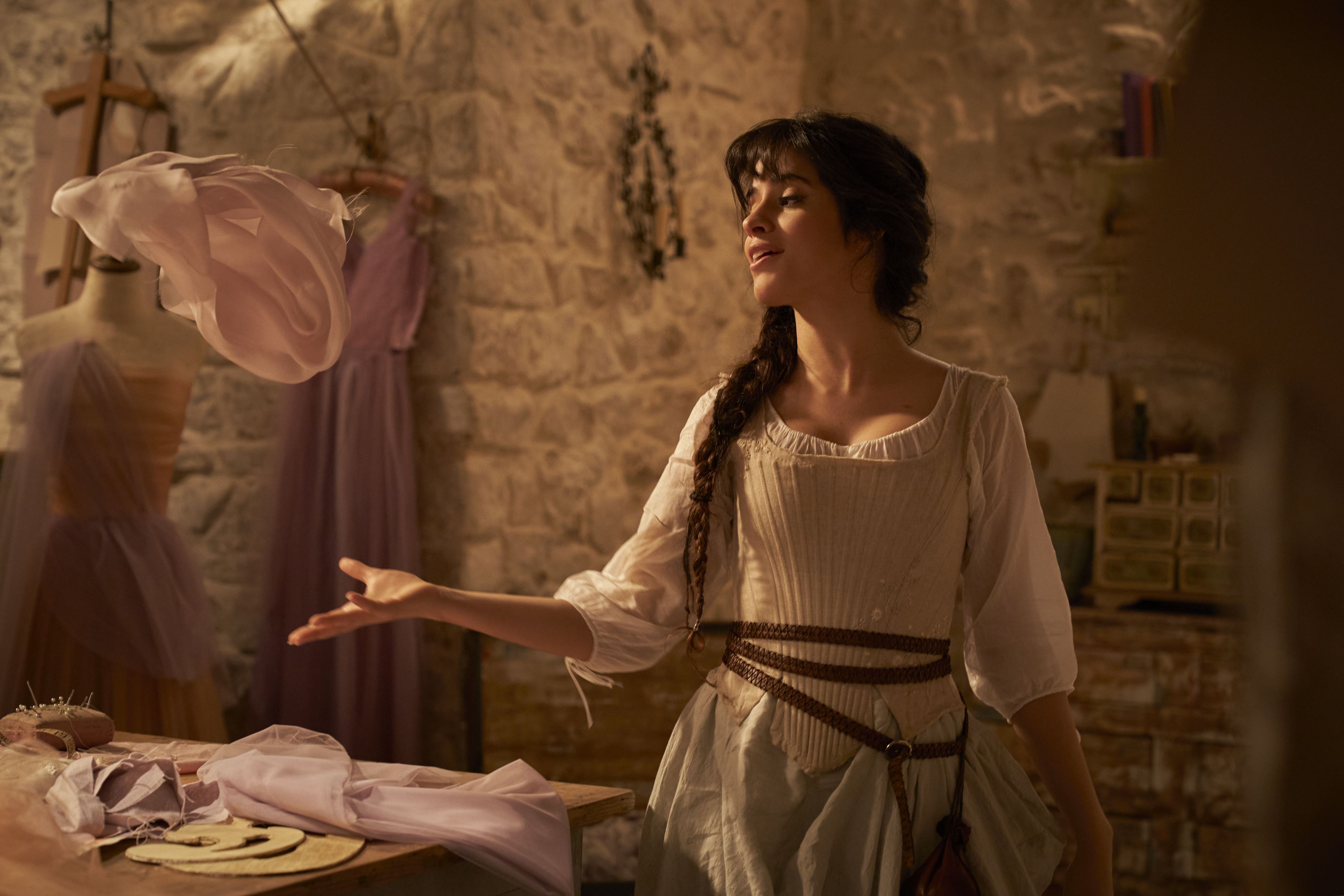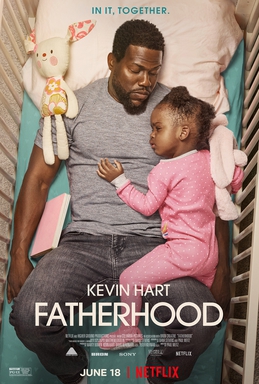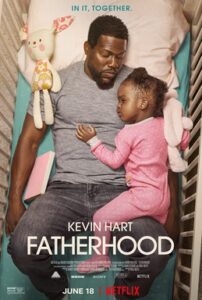Free Guy
Posted on August 5, 2021 at 12:05 pm
B +| Lowest Recommended Age: | Middle School |
| MPAA Rating: | Rated PG-13 (Language|Crude/Suggestive References|Strong Fantasy Violence) |
| Profanity: | Some strong language |
| Alcohol/ Drugs: | None |
| Violence/ Scariness: | Extended video-game violence with powerful real and fantasy weapons, guns, chases, explosions |
| Diversity Issues: | Diverse characters |
| Date Released to Theaters: | August 13, 2021 |
| Date Released to DVD: | October 12, 2021 |

Guy is blissfully ignorant that his only purpose in the digital world of Free City is to hit the floor when the bank robbers, avatars of the real-world players, break in and start shooting. (Listen carefully to the robbers’ voices for some surprise appearances.) He wakes up so happy every morning we almost expect him to start singing “Everything is Awesome,” like Chris Pratt in “The LEGO Movie.” He is happy because he does not know there is another way to be. He gets up. He has some cereal and feeds his goldfish. He selects one of the identical blue button-down shirts and khaki slacks from his closet. He stops at a local cafe to get coffee. He goes to work as a bank teller, with his best friend Buddy (Lil Rel Howrey), a security guard, and then the next group of robbers break in.
And then, one day, he sees The Girl (Jodie Comer of “Killing Eve”). She Molotov Girl, is the avatar for Millie, a gamer and programmer whose goal in the game is not racking up points, which players get from robbing and killing people. She is looking for proof that Antwan (Taika Waititi, having fun as a temperamental tyrant) the head of the computer game company cheekily called Soonami, stole the code she developed for a different game with Keys (Joe Keery of “Stranger Things,” very appealing), her former business partner. Keys now works for Soonami, with his friend and sometimes competitor Mouser (Utkarsh Ambudkar).
The avatars in the game, representing the real-life players, wear sunglasses. Guy puts on a pair and for the first time sees what the players see, a Pokemon Go-style assortment of goals and prizes and attributes. Director Shawn Levy (“Night at the Museum”) has a lot of fun going back and forth between the world inside the game and the real world of Soonami, Keys, and Millie, plus some glimpses of the players behind their vastly more badass avatars. Gamers will find a lot of clever references to their world, especially the creation of a new character near the end who looks very familiar but is not fully programmed. And anyone who’s been to a blockbuster in the past few years will enjoy some surprise cameos. “Don’t have a good day; have a GREAT day.” This movie is smarter than it needs to be, and it is very satisfying to see Guy confront existential questions and discover, as lucky humans do, that it is love and helping others that makes life meaningful. It may start with as small a step as a Henley shirt or a cappuccino. All it takes is wanting more.
Parents should know that this film includes extended video-game action and violence with many real and fantasy weapons, and some strong language.
Family discussion: Which game would you prefer? What kind of game would you create?
If you like this, try: “Ready Player One,” “Jumanji” and “The LEGO Movie”








